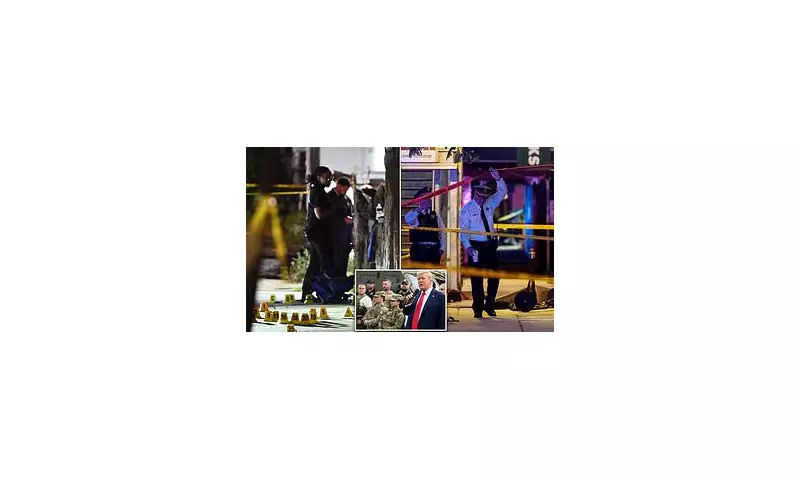
Former President Donald Trump has launched a blistering attack on Democrat-led American cities, promising an unprecedented federal crackdown on crime if he returns to the White House.
In a characteristically fiery campaign speech, Trump singled out urban centres like Chicago, Detroit, and New York, declaring he would deploy federal law enforcement to combat what he described as 'out of control' violent crime.
'Cesspools of Violence': Trump's Scathing Assessment
The Republican frontrunner didn't mince words, labelling these metropolitan areas 'cesspools of violence' that have been 'destroyed' by liberal policies. His proposed solution involves bypassing local authorities to implement direct federal intervention.
'We have to do something that's never been done before,' Trump told his supporters, outlining plans that would significantly expand presidential powers over local law enforcement matters.
The Proposed Federal Crackdown
Trump's radical proposal includes several key elements:
- Deploying federal law enforcement agencies to high-crime urban areas
- Potentially sending in the National Guard to restore order
- Establishing federal oversight of policing in certain districts
- Implementing tougher sentencing guidelines for violent offenders
This approach mirrors tactics used during his previous administration, particularly the 2020 deployment of federal agents to Portland, Oregon, which sparked widespread controversy and protests.
Political Fallout and Reactions
The announcement has ignited immediate backlash from Democratic leaders and civil liberties groups, who accuse Trump of advocating for authoritarian measures and federal overreach.
Critics argue that such policies would undermine local governance and could lead to increased tensions between communities and law enforcement. Supporters, however, applaud the tough stance against urban crime that has seen significant increases in certain cities post-pandemic.
This positioning on crime forms a central pillar of Trump's 2024 campaign strategy, appealing to voters concerned about law and order while drawing sharp contrasts with Democratic approaches to criminal justice reform.





